The world's first metaverse theme park has officially opened its digital gates in Seoul, South Korea, marking a revolutionary leap in the entertainment and tourism industries. This groundbreaking attraction blends cutting-edge virtual reality with physical experiences, creating a seamless fusion of the real and digital worlds. Visitors can now immerse themselves in interactive adventures, socialize with AI-powered characters, and explore fantastical landscapes that transcend traditional theme park boundaries.
Located in the heart of Seoul's bustling tech district, the park represents a $58 million investment by a consortium of technology firms and entertainment giants. Unlike conventional amusement parks that rely solely on physical rides and shows, this innovative space uses augmented reality glasses, haptic feedback suits, and motion-sensing floors to transport guests into vivid digital dimensions. The experience begins the moment visitors don their AR headsets, which overlay breathtaking virtual environments onto the physical park infrastructure.
The park's signature attraction is a massive multiplayer adventure zone where hundreds of visitors can simultaneously interact within the same virtual space. Here, participants become digital avatars who can fly through alien cityscapes, battle mythical creatures, or solve intricate puzzles together. What makes this experience truly remarkable is how physical elements - like wind machines, temperature changes, and scent dispensers - synchronize perfectly with the virtual scenarios to create unparalleled sensory immersion.
Beyond gaming experiences, the metaverse theme park incorporates educational and cultural elements. One popular exhibit allows visitors to walk through historically accurate recreations of ancient civilizations, while another transforms participants into microscopic entities exploring the human bloodstream. These experiences demonstrate how metaverse technology can make learning profoundly engaging and interactive in ways textbooks or traditional museums never could.
Social interaction forms the core of the park's design philosophy. Specially designed lounges enable visitors to meet both physical and digital attendees from around the world. Advanced AI hosts mingle with guests, capable of natural conversations and even remembering individual preferences between visits. The park's developers emphasize that human connection - whether with real people or convincing digital beings - remains central to the experience, countering concerns that metaverse technologies might isolate users.
The business model behind this venture reflects its innovative nature. Visitors purchase digital tokens that serve as both admission tickets and in-park currency for virtual goods and upgrades. These tokens exist on a blockchain system, allowing guests to retain and trade digital souvenirs or even resell rare virtual items they acquire during their visit. This economic layer adds persistent value to the experience, encouraging repeat visits and long-term engagement.
Industry analysts are watching the Seoul experiment closely, as it may redefine global tourism in the post-pandemic era. Traditional theme parks require massive physical footprints and infrastructure, while metaverse attractions can offer similarly thrilling experiences in more compact urban spaces. The technology also allows for near-infinite customization and rapid content updates - a single physical space can transform into countless virtual worlds with just software changes.
However, the project hasn't been without challenges. Early visitors reported occasional motion sickness from prolonged VR use, and the substantial hardware requirements mean experiences currently come at premium prices. The park's operators acknowledge these hurdles but express confidence that costs will decrease as the technology matures, following the same trajectory as smartphones and other once-exclusive technologies.
Looking ahead, the Seoul metaverse park represents just the beginning of what developers call "phygital" tourism - the seamless blending of physical and digital experiences. Plans already exist to expand the concept internationally, with negotiations underway for locations in Singapore, Dubai, and Los Angeles. As the technology progresses, future iterations may incorporate even more advanced features like full-body haptic suits, photorealistic avatars, and persistent virtual worlds that continue evolving between visits.
The successful launch in Seoul demonstrates that consumers are ready for this new hybrid form of entertainment. Ticket sales for the first six months have already exceeded projections, with particular popularity among millennials and Generation Z visitors. As society grows increasingly comfortable with digital identities and virtual spaces, metaverse theme parks may well become the dominant form of leisure tourism in the coming decades, reshaping how we play, learn, and connect with each other across physical and digital realms.
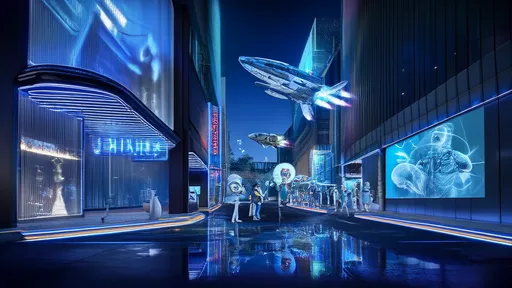
By /Aug 5, 2025

By /Aug 5, 2025

By /Aug 5, 2025

By /Aug 5, 2025

By /Aug 5, 2025

By /Aug 5, 2025

By /Aug 5, 2025

By /Aug 5, 2025
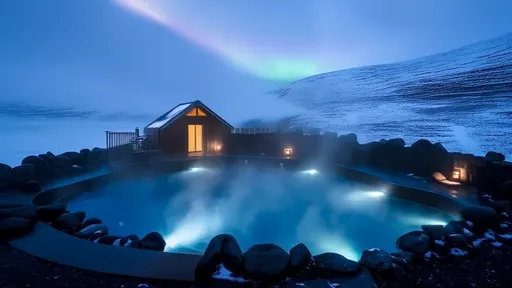
By /Aug 5, 2025
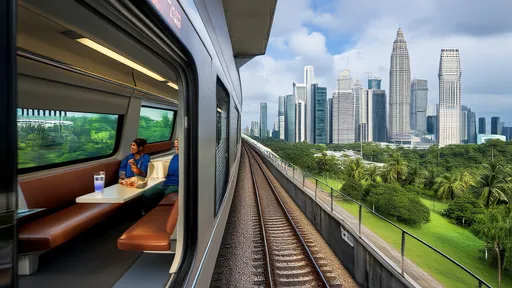
By /Aug 5, 2025
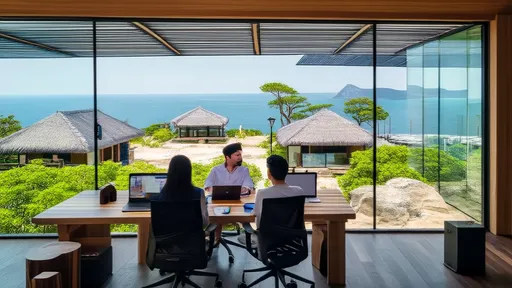
By /Aug 5, 2025

By /Aug 5, 2025
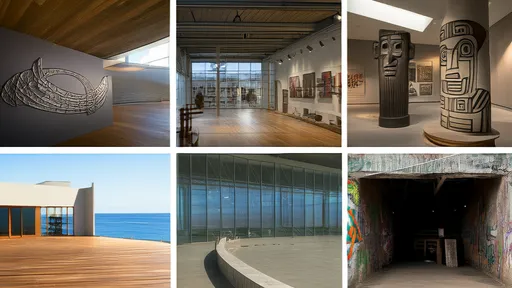
By /Aug 5, 2025

By /Aug 5, 2025

By /Aug 5, 2025

By /Aug 5, 2025

By /Aug 5, 2025
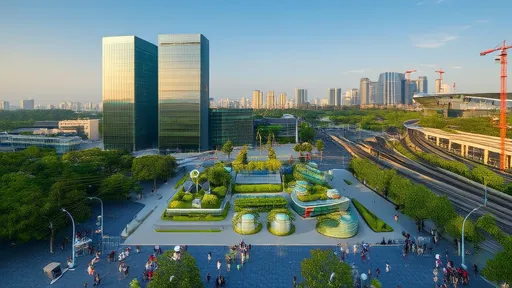
By /Aug 5, 2025
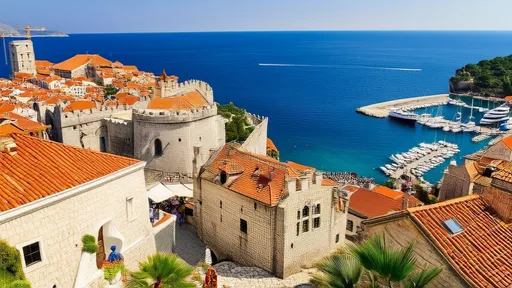
By /Aug 5, 2025

By /Aug 5, 2025